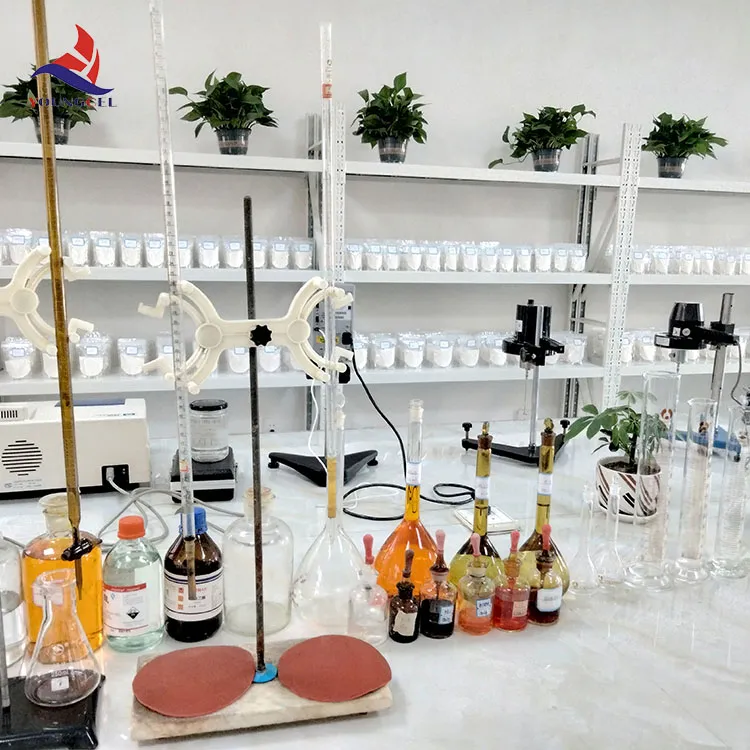The Role of Additives in Cement Mortar Enhancing Performance and Durability
Cement mortar is a fundamental material in the construction industry, used primarily for binding bricks and stones, plastering walls, and creating architectural features. While the basic composition of cement mortar typically involves cement, sand, and water, the introduction of additives has revolutionized its performance and utility, leading to stronger, more durable constructions.
The Role of Additives in Cement Mortar Enhancing Performance and Durability
Another critical aspect of additives is their role in controlling setting time. Retarders, for example, are used to slow down the hydration process of cement, allowing for longer workability periods. This is particularly beneficial in hot weather conditions where rapid setting can pose challenges to construction schedules. Conversely, accelerators can be added to speed up the curing process, which is advantageous in cold climates where quick hardening is necessary to prevent frost damage.
cement mortar additive

In addition to workability and setting times, additives improve the performance of cement mortar in various environmental conditions. Water-repellent additives can enhance the mortar's resistance to water penetration, reducing the risk of damage from freeze-thaw cycles and prolonging the lifespan of the structure. Similarly, additives designed to enhance resistance to sulfur attacks and chemical exposure can be crucial for structures exposed to harsh environments, such as sewage treatment plants or coastal areas.
Furthermore, the incorporation of additives can also promote sustainability in construction practices. For instance, using mineral additives like fly ash or slag not only reduces the amount of Portland cement needed but can also enhance the overall performance of the mortar. These materials contribute to the production of a more eco-friendly building product while improving long-term durability.
However, it is essential that the selection and proportioning of additives are carefully considered to prevent negative interactions that could compromise the performance of the mortar. A thorough understanding of the specific requirements of each construction project and the characteristics of the available additives is vital for achieving optimal results.
In conclusion, the use of additives in cement mortar is an invaluable practice in contemporary construction. By enhancing workability, controlling setting times, improving durability, and contributing to sustainable building practices, additives play a crucial role in the overall performance of cement-based materials. As the construction industry continues to evolve, the development and integration of innovative additives will remain at the forefront of advancing building technologies, ensuring safe, durable, and environmentally responsible structures for the future.
-
Rdp Powder: Key Considerations for Wholesalers in the Building Materials IndustryNewsJul.08,2025
-
Key Considerations for Wholesalers: Navigating the World of Hpmc - Based ProductsNewsJul.08,2025
-
Hpmc Detergent: Key Considerations for WholesalersNewsJul.08,2025
-
Key Considerations for Wholesalers: China Hpmc For Tile Adhesive, Coating Additives, Concrete Additives, and MoreNewsJul.08,2025
-
Crucial Considerations for Wholesalers: Navigating the World of Construction MaterialsNewsJul.08,2025
-
Key Considerations for Wholesalers Sourcing Additive For Cement, Additive For Concrete, Additive For Putty from Additive Manufacturer Shijiazhuang Gaocheng District Yongfeng Cellulose Co., Ltd.NewsJul.08,2025




